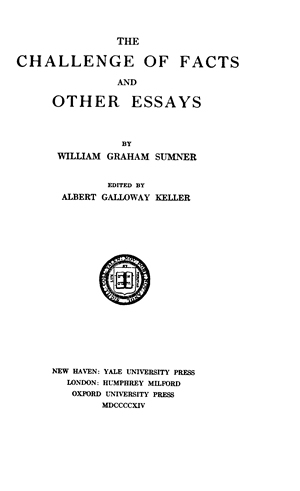
# The Theory Crisis in Psychology: A Collection of Expert Recommendations
The current debates surrounding theory development in psychology, sparked by Ekaterina Damer’s commentary on Twitter, have encouraged psychologists to contribute an abundance of resources. These suggestions emphasize vital readings and viewpoints on the formulation, assessment, and modification of theories. The dialogue signifies a larger concern recognized as the **theory crisis**, akin to the methodological crisis in psychology.
This article assembles some of the most suggested works on theory development, organizing them according to their main emphasis: foundational discussions, critiques of current practices, and recommendations for enhancing psychological theory.
## **1. Grasping Psychological Theory Construction**
The creation of psychological theories is a multifaceted endeavor that encompasses various philosophical and methodological viewpoints. Numerous scholars have participated in this discourse by clarifying what defines effective theorizing in psychology.
– **Robert Cummins**: [*”How does it work?” vs. “What are the laws?” Two conceptions of psychological explanation.*”](https://pdfs.semanticscholar.org/f5b1/b05e8313aee94ccd98e80eab3ec56dbd2c97.pdf)
– This document differentiates between diverse explanatory strategies in psychology, establishing a pivotal debate between mechanistic and law-oriented theories.
– **Ed Orehek**: [*”Theory Construction in Social Personality Psychology”*](http://journals.sagepub.com/doi/abs/10.1207/s15327957pspr0802_1)
– This special issue shares firsthand accounts in psychological theory construction, providing essential insights into effective practices.
– **Gerd Gigerenzer**: [*”Personal Reflections on Theory and Psychology”*](http://journals.sagepub.com/doi/abs/10.1177/0959354310378184)
– A reflective essay on the significance of theory in psychology and its consequences for scientific advancement.
– **Robert I. Sutton & Barry M. Staw**: [*”What Theory is Not”*](http://haas.berkeley.edu/faculty/papers/stawtheory.pdf)
– This impactful paper clarifies misunderstandings about theory construction, countering superficial interpretations and stressing the necessity of explanatory richness.
– **Valerie Gray Hardcastle** – *”How to Build a Theory in Cognitive Science”*
– This book presents a systematic approach to theory development in cognitive science, relevant to psychology as well.
## **2. The Impact of Paul Meehl on the Theory Crisis**
Paul Meehl is recognized as a pivotal figure in the discourse surrounding theory testing in psychology. He warned against flimsy theories that lack falsifiable predictions and emphasized the necessity for stringent scientific methods in theorizing.
– **Paul Meehl** (endorsed by many, including Tal Yarkoni):
– [*”Theory-testing in Psychology and Physics: A Methodological Paradox”*](http://meehl.umn.edu/sites/g/files/pua1696/f/074theorytestingparadox.pdf)
– [*”Appraising and Amending Theories: The Strategy of Lakatosian Defense and Two Principles that Warrant It”*](http://meehl.umn.edu/sites/g/files/pua1696/f/147appraisingamending.pdf)
– [*”Why Summaries of Research on Psychological Theories Are Often Uninterpretable”*](http://meehl.umn.edu/sites/g/files/pua1696/f/144whysummaries.pdf)
Meehl’s contributions underscore typical challenges in psychological theory testing, particularly the dependence on null hypothesis significance testing (NHST) and the lack of robust theoretical predictions.
For further insights on Meehl’s contributions, *PsychBrief* provides valuable summaries and lecture recordings:
[Paul Meehl on Philosophy of Science](http://psychbrief.com/meehl-videos-papers/).
## **3. The Significance of Model Building in Theoretical Psychology**
Models act as beneficial instruments for organizing psychological theories. Various scholars have addressed the significance of computational and conceptual modeling in theory creation.
– **Simmering et al. (2010)**: [*”To Model or Not to Model? A Dialogue on the Role of Computational Modeling in Developmental Science”*](https://www.ncbi.nlm.nih.gov/pmc/articles/PMC3103214/)
– This paper explores the benefits and drawbacks of applying computational models to evaluate psychological theories.
– **Jaccard & Jacoby (2010)**: *”Theory Construction and Model-Building Skills: A Practical Guide for Social Scientists”*
– A practical guide to theory construction, offering essential skills for designing and refining psychological models.
– **Klaus Fiedler (2004)**: *”Tools, Toys, Truisms, and Theories: Some Thoughts